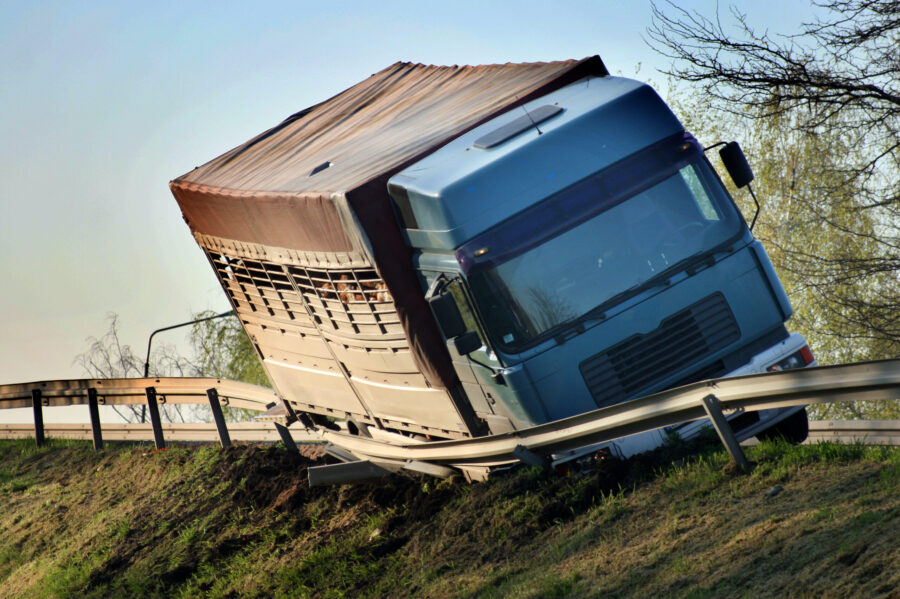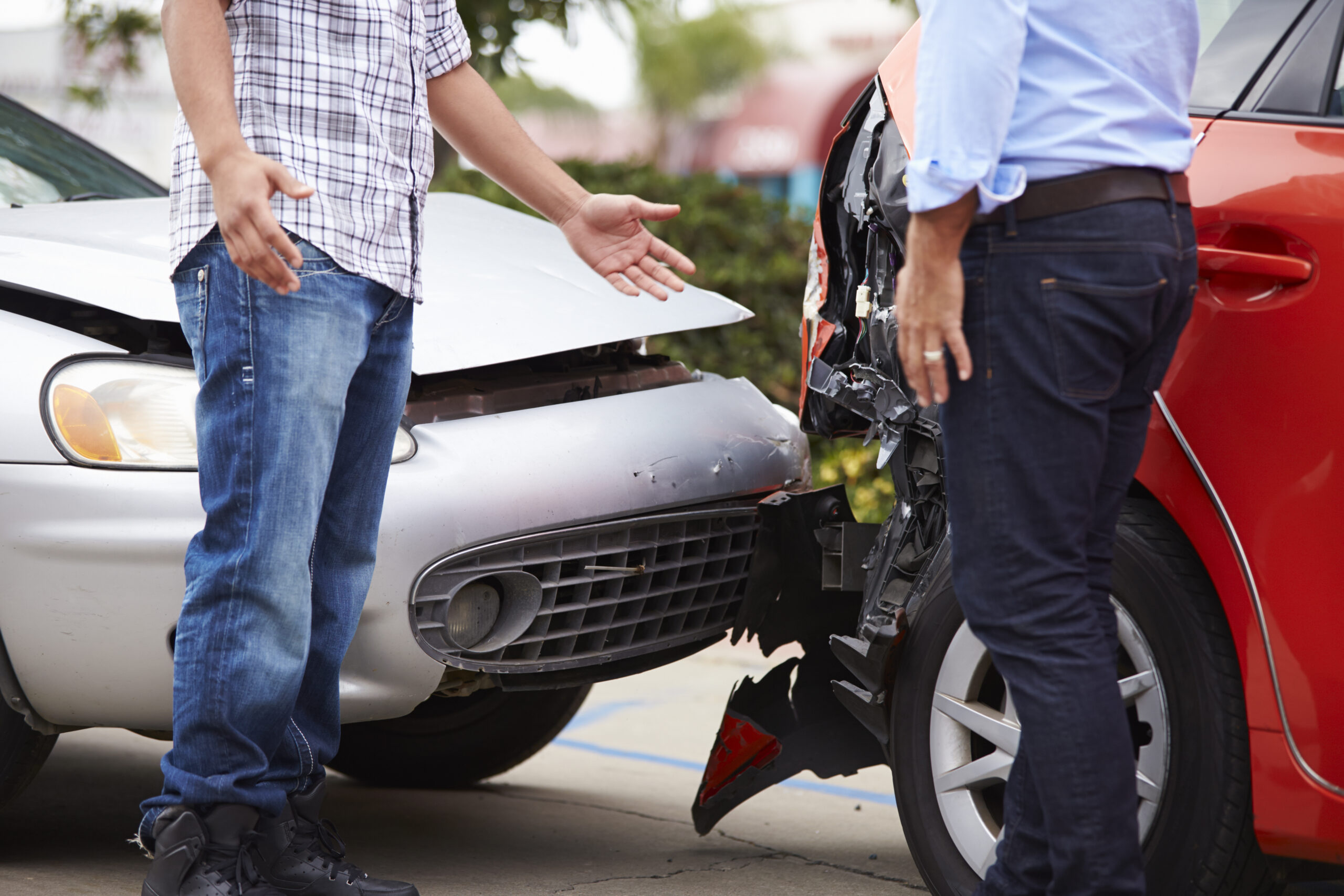
Determining Liability in Truck Accident Cases
Truck accidents can be devastating, resulting in severe injuries, significant property damage, and emotional distress. Understanding liability in truck accident cases is crucial for anyone in Roanoke seeking justice and compensation. This guide aims to shed light on the complexities of truck accident liability and provide valuable insights to help you navigate this challenging process.
An Overview of Truck Accident Liability
Liability in truck accidents is often more complicated than in regular car accidents due to the multiple parties involved. Several entities could potentially be held responsible, each playing a distinct role in the trucking ecosystem. The driver, trucking company, and even the manufacturer of the truck or its parts may all share liability depending on the circumstances of the accident.
The truck driver is often the most immediate party considered in a liability investigation. If the driver was negligent, such as by speeding, driving under the influence, or failing to adhere to traffic laws, they could be held responsible for the accident. However, liability does not stop with the driver. Trucking companies are required to maintain their vehicles properly and ensure that their drivers are adequately trained and adhere to federal and state regulations. If a trucking company’s negligence contributed to the accident, they might also be held liable.
Manufacturers can also be implicated if a defect in the truck or one of its components played a role in the accident. For instance, if faulty brakes or a defective tire caused the crash, the manufacturer of those parts might be held accountable.
Factors That Determine Liability
Several critical factors come into play when determining liability in truck accident cases. One of the primary elements is negligence. To establish negligence, it must be proven that the responsible party failed to exercise reasonable care, thereby causing the accident. This involves demonstrating that the party had a duty of care, breached that duty, and directly caused the damages through their breach.
Federal regulations also play a significant role in truck accident liability. The trucking industry is heavily regulated by federal laws that set standards for driver working hours, vehicle maintenance, and cargo loading. Violations of these regulations can establish liability. For example, if an investigation reveals that a driver exceeded the federally mandated hours-of-service limits, fatigue might be a factor in the accident, thereby implicating the driver and possibly the trucking company.
The concept of “duty of care” is another crucial factor. All parties involved in operating commercial trucks have a duty to ensure that their actions do not harm others. This includes adhering to safety protocols, conducting regular vehicle inspections, and complying with all applicable laws and regulations.
The Role of Evidence in Proving Liability
Proving liability requires substantial evidence, and gathering this evidence is a critical step in any truck accident case. Various types of evidence can be instrumental in establishing who is at fault. This includes police reports, which offer an official account of the accident and may contain important details such as witness statements and observations from the responding officers.
Accident scene photos and videos are also invaluable, as they provide a visual representation of the scene, vehicle positions, and any visible damages. Eyewitness testimonies can offer additional perspectives, corroborating other evidence and helping to paint a comprehensive picture of the incident.
Electronic Logging Device (ELD) data is another vital piece of evidence. ELDs record the driver’s hours of service, helping to determine if the driver was compliant with federal regulations. Vehicle maintenance records can uncover whether the truck was properly maintained or if mechanical failures contributed to the accident.
Expert testimony can further bolster a case. Accident reconstruction experts can analyze the evidence and provide insights into how the accident occurred, while medical experts can attest to the extent of injuries and their impact on the victim’s life.
Navigating a Truck Accident Case
The process of navigating a truck accident case involves several steps, beginning with filing a claim. Once a claim is filed, a thorough investigation is conducted to gather all pertinent evidence. This phase is critical for building a strong case and may involve working closely with legal professionals who specialize in truck accident cases.
Negotiations with insurance companies often follow the investigation. Insurance companies may attempt to settle the case quickly, but it is essential to ensure that any settlement offered adequately covers all damages, including medical expenses, lost wages, and pain and suffering. Legal representation can be invaluable during this stage, as experienced attorneys understand the tactics used by insurance companies and can advocate for a fair settlement.
If a fair settlement cannot be reached, the case may proceed to trial. During the trial, both sides present their evidence and arguments, and a judge or jury determines the outcome. While trials can be lengthy and complex, they are sometimes necessary to achieve just compensation.
Conclusion
Determining liability in truck accident cases is a multifaceted process that requires a deep understanding of the various factors and parties involved. For residents of Roanoke, seeking the guidance of experienced personal injury lawyers can make a significant difference in the outcome of their case. At Strickland, Diviney & Segura, we are dedicated to providing expert legal support to help you navigate the complexities of truck accident liability.
If you or a loved one has been involved in a truck accident, don’t hesitate to reach out for a consultation. Call us at (540) 982-7787 to discuss your case and explore your options for seeking justice and compensation. Your journey to recovery and resolution starts with a single phone call.






